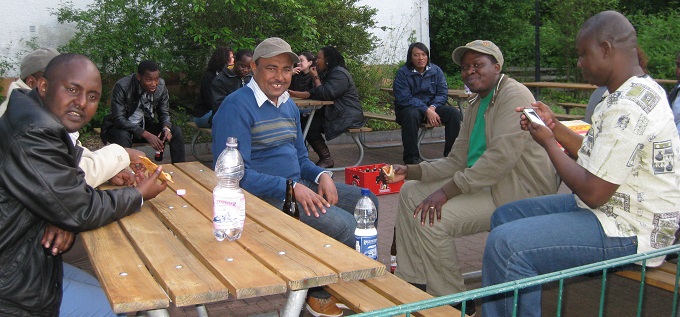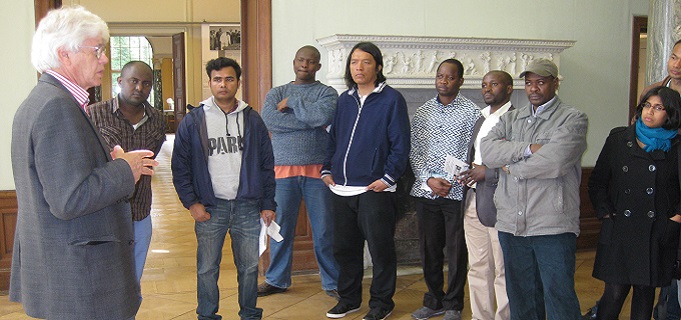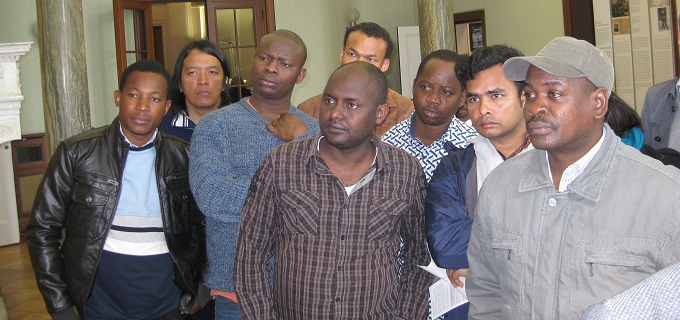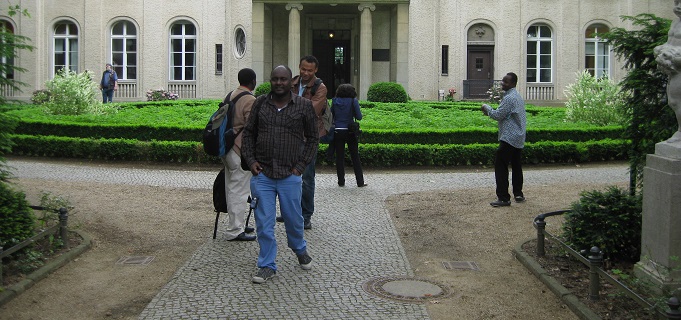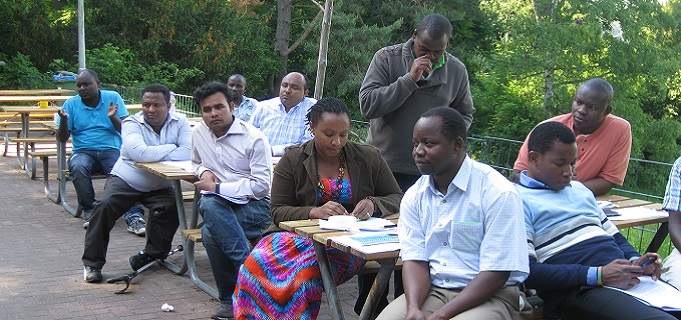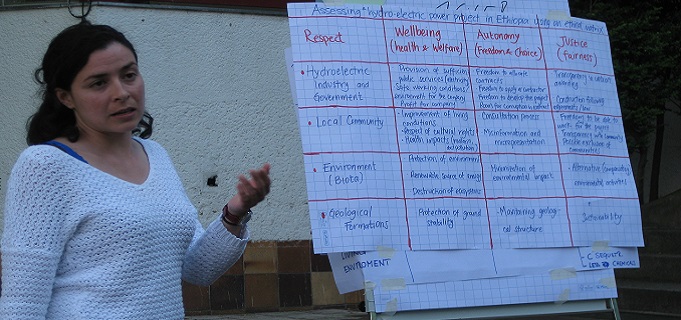Soft-skill Workshop “Ethics in Food Security Research and Work”
June 4, 2013
The seminar “Ethics in Food Security Research and Work” was offered for the first time. It took place from June 4 to 6, 2013 at the lake of Wannsee at the outskirts of Berlin. 20 doctoral students from the ZEF and FSC attended the workshop.
Scientists bear a social responsibility for their research, their results and the impact of their research. This is particularly true for development research. This workshop sensitized the PhD students to the ethical dimensions of their research and led them through applied ethics. For this reason, the House of Wannsee Conference, Axel Springer AG and the Anti-War Museum in Wedding were visited to complete the training. Speakers from the GIZ, the German Federal Institute for Risk Assessment and the Technical University of Berlin gave keynote speeches and discussed with the doctoral students how they implemented ethical principles within their specific work situations. In a two-day seminar, Prof. Thomas Potthast (International Center for Ethics in Science, IZEW, University of Tübingen) led the participants through the theory and function of ethics. In small groups, the doctoral students transferred what they learned into project application with the help of the “Ethical Matrix” method.
The following questions were addressed:
- What is ethics?
- Ethics in research
- Ethical Matrix – a tool for ethical deliberation
- What are the ethical dimensions of responsibilities for researchers and developers?
- How to proceed while including the concerned?
- Where do ethical challenges arise in R & D and humanitarian projects? Howtoanticipatethem? Howtotacklethem?
- How to address ethical questions in projects?
- How to prevent underestimating ethical traps in humanitarian projects?
